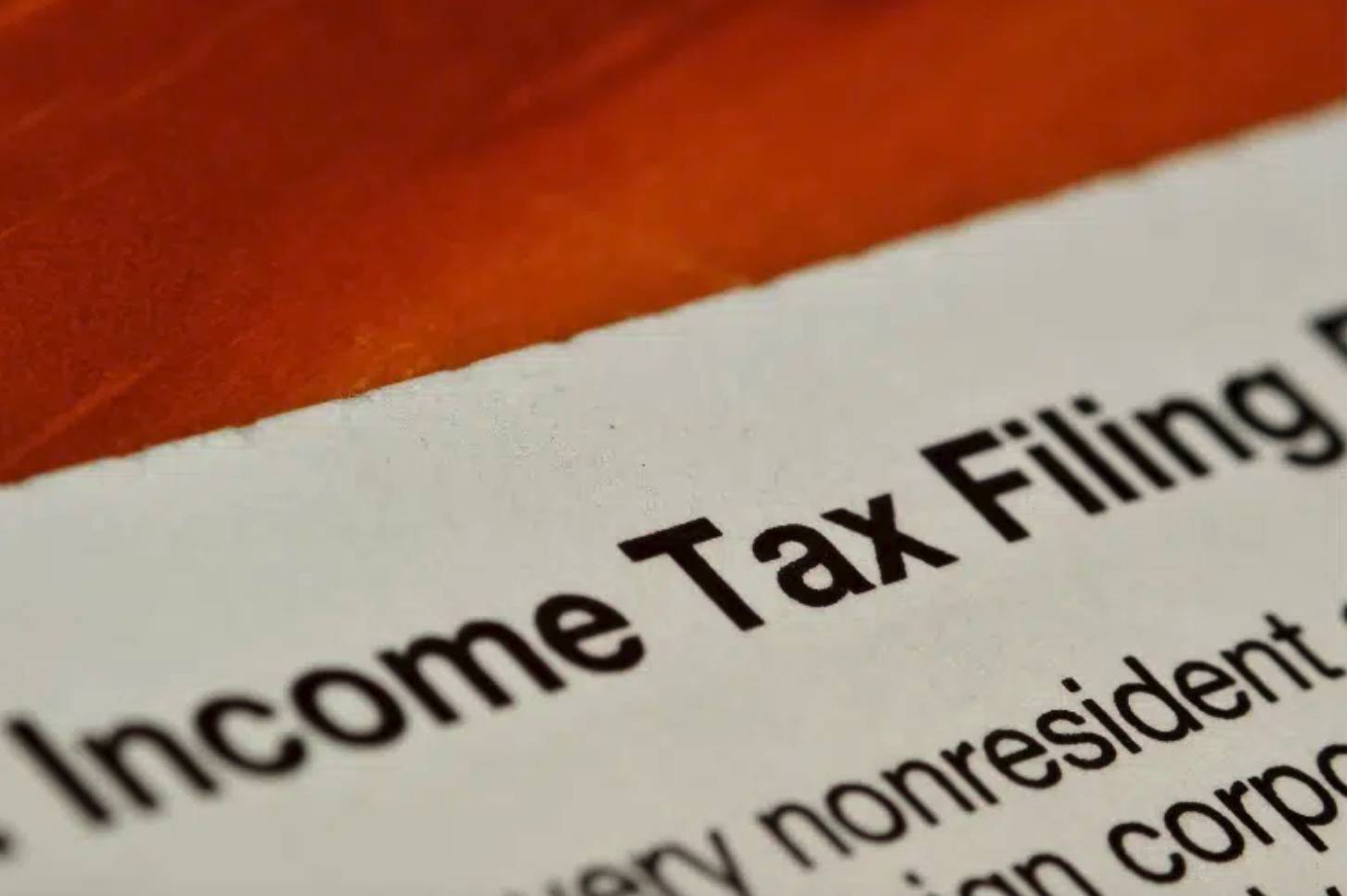
How To File Your Income Taxes In Portugal
It’s not a daunting task at all. Learn how to file your income taxes in Portugal and learn more about the legal system!
Article by Viv Europe - Official Legal and Relocation Partner to KipperTree.
24 07 2023
Read the full article here.
The breathtaking landscapes, vibrant culture, and warm hospitality can be an enriching and exciting experience. But let’s get real – taxes are part of the deal. As an expat, it’s crucial to understand how to file income taxes in Portugal to fulfil your tax obligations on time.
Whether you’re working, running a business, or receiving income from investments or rental properties, filing your taxes accurately and before the deadline is crucial. Navigating the Portuguese tax system can be complex, especially if you need to familiarise yourself with the local laws and procedures.
But, by familiarising yourself with the basics of filing taxes, you can ensure compliance with the law and make the process more manageable. Remember, you’re not alone; seek guidance where and when needed. Stick around to know all about income taxes in Portugal!
Income tax in Portugal
When it comes to income tax in Portugal, there are a few things every savvy expat needs to know. First and foremost, as a legal resident in Portugal, you’ll be subject to the same income tax rules as Portuguese residents. This means you’ll need to report your worldwide income, including income earned in Portugal and abroad – no exceptions.
But the government isn’t here to take away all your earnings. The state offers attractive tax incentives that will make sure more money stays in your wallet. Let’s talk about the real game changer, the Non-Habitual Resident (NHR) regime.
Through this regime, eligible expats can enjoy a flat tax rate of 20% on qualifying foreign income for ten years! Imagine a decade of savings you didn’t think you’d be keeping aside! Now, you might be wondering what kind of income qualifies for this. The NHR regime accepts pensions, royalties, capital gains, and income from professions with high-added value.
Let’s also not forget that Portugal has tax treaties with many countries to avoid double taxation. These agreements ensure you don’t end up in a tricky situation where you’re paying taxes on the same income in Portugal and your home country.
During the first few years of your stay, and also prior to your relocation, you will have to deal with a lot of complicated bureaucracy. To avoid legal mishaps, hire an experienced accountant from Viv Europe to help you with how to file your income taxes in Portugal.
Who pays income tax in Portugal?
Let’s get a few things straight before you learn how to file income taxes in Portugal. The first step is knowing who has to pay income taxes. Let’s define the two categories for you:
Residents: If you live in Portugal for more than 183 days or have a permanent home there, you are a tax resident. You must report and pay taxes on your worldwide income as a resident. This includes income earned in Portugal and abroad.
Non-residents: If you live in the country for less than 183 days and don’t have a permanent home, you are a non-resident. Non-residents are only taxed on their income derived from Portuguese sources. These sources are employment, business activities, or rental income from properties in the country.
Whether you’re a resident or a non-resident, understanding your tax obligations and filing your income taxes accurately and on time will help you stay compliant with Portuguese tax regulations.
Who doesn’t have to pay income tax in Portugal?
While residents and non-residents have to file income tax in Portugal, a few groups of individuals may be exempt from such duties. But there’s a proper structure for those that benefit from this exemption.
First up, we have the Non-Habitual Residents! Those benefiting from this regime qualify for a flat rate of 20% on foreign income for up to ten years. We highly recommend knowing more about this regime if you’re an expat thinking of moving to Portugal. Keep reading to learn our explanation of it.
Other than that, individuals whose annual income falls below the minimum threshold the government sets may be exempt from income tax. However, remember that this threshold can be a bit of a moving target, and the Portuguese Tax Authority’s got the final say.
Lastly, diplomatic staff and employees of foreign governments stationed in Portugal may be exempt from income tax on their official salaries.
Stay well-informed and follow all legal protocols to keep enjoying a beautiful life in Portugal!
For more information and all the facts, read the full article here
Do you need urgent tax advice in Portugal?
Expats like you are our usual clients here at Viv Europe. To get your tax matters sorted or just ask for more clarity, book a consultation with our experts and get the help you need!
For updates and expats’ stories, join our Facebook Group – All About Portugal For Expats, and learn more about the country. Ask questions and read others’ stories to keep it fun. Let’s start working to make your dream come true!
